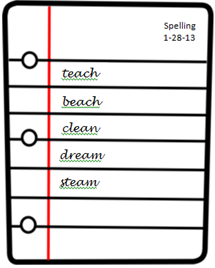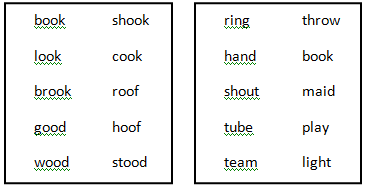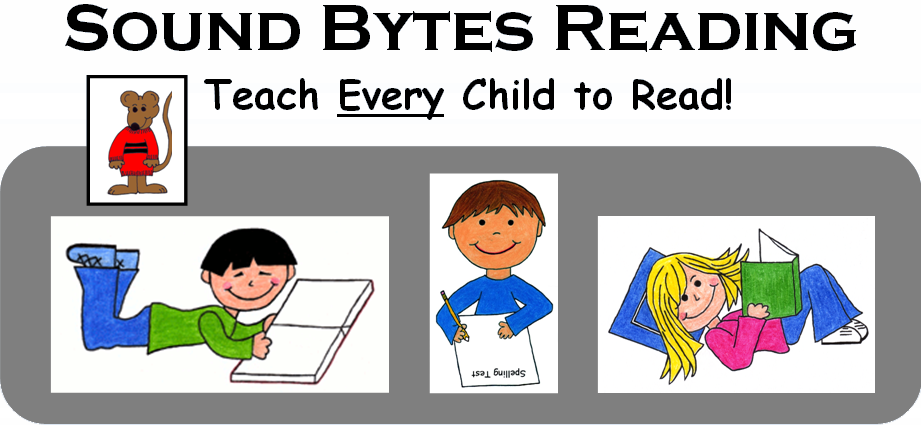Spelling for Beginning Readers – Part 1

Many people tell me they never learned to spell well. Others know immediately if they see a misspelled word—it just seems to jump out at them. Why are some people able to spell well and not others? Are reading and spelling connected—and if so—should that affect how we teach both subjects?
Reading is a process of decoding. That means that when we read, we look at a series of symbols on the page and use a set sound-symbol code to help us decipher each word. So this symbol, h, by itself, is always going to make the sound /h/. But if we add s to the h like this, sh, it is going to make a different sound (as in cash). If we add a t to the sh, like this, tch, it makes yet another sound (as in catch). When we learn the written code, we use it to decode words and find out what was written on the page.
Spelling is the process of encoding. It is the opposite of reading, which is decoding. When we write we use symbols that represent the sounds in our language. We connect these sound-symbols to make words. We need to be able to do this reasonably well if we want to communicate in writing. In order to learn to spell and read well we have to be able to encode and to decode. This is why phonemic awareness and phonics are important skills when learning to read and to spell.
How should spelling be taught to beginning readers? Does it matter how we teach it? Is there a way to make spelling easier to learn? Which of these spelling lists would be easier for a beginner to learn?

